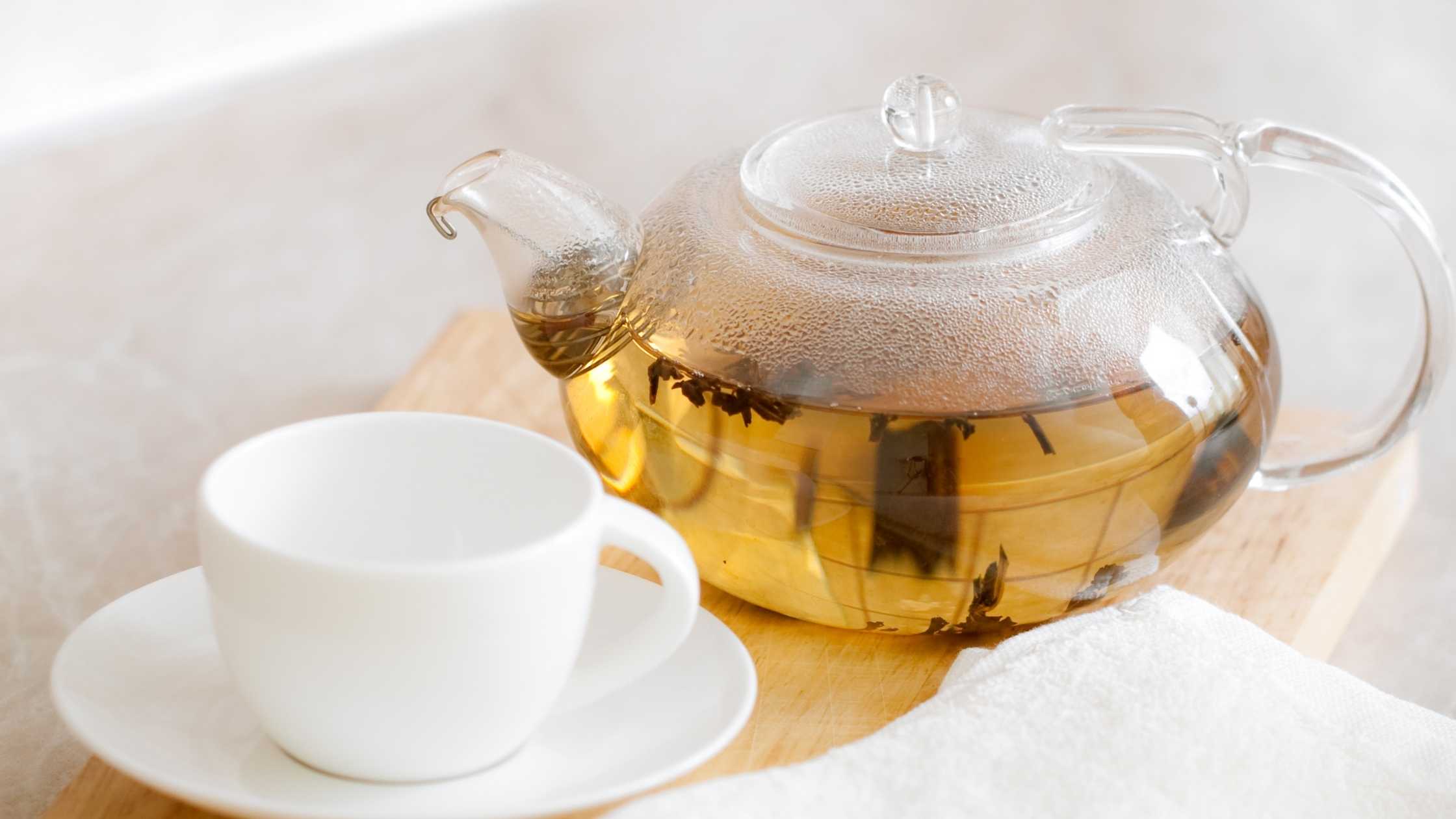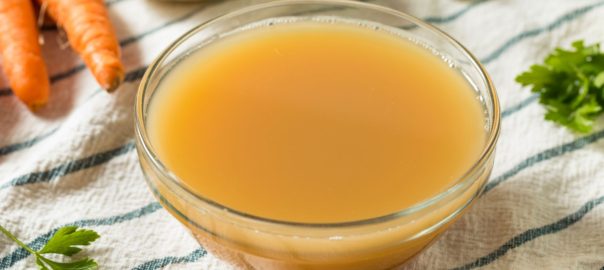Once your colonoscopy is over it's a good idea to support your gut. After all, you've just emptied your system and been through a medical procedure. It's not advised to go straight back to eating the way you did before your procedure. Your body needs a little time to re-adjust.
What to avoid after a colonoscopy
A soft-food, low-residue, dairy-free diet is recommended because these types of foods are easy for your body to digest. Before we talk about which foods are a good choice to add back in after a colonoscopy, let's talk about what you should not consume for the first 24-48 hours after a colonoscopy.
After a colonoscopy, it's important to be careful about what you eat in order to avoid irritating your gut. Chewing your food thoroughly and eating small, frequent meals can help with your digestion as your gut comes back on line. You'll want to avoid drinking alcohol or carbonated beverages. You'll also want to avoid eating foods that are difficult to digest, high in fiber, fried, fatty, and anything spicy or heavily-seasoned. You'll especially want to stay away from the following foods:
- nuts and nut butters
- brassicas - broccoli, cauliflower, Brussels sprouts, etc
- popcorn
- coconut
- corn
- raw or undercooked vegetables
- legumes
- whole grain foods
- heavy proteins like steak
- any fruits with skins
What to consume after your colonoscopy
Hydration is very important to support gut health after you've had a colonoscopy. This will not only help to reduce the potential for constipation, which can be a common side effect after a colonoscopy, it helps to eliminate the medications used as part of the procedure. Hydration is also important for your general health and well-being. This means you'll want to add plenty of the following:
- water
- green juices (what you had before the procedure)
- nourishing broth
- herbal teas
Foods that are most beneficial for the first 24-48 hours are cooked, soft, and easy to digest. These include:
- soup
- applesauce or pear sauce
- soft proteins such as eggs, chicken breast, or fish
- steamed or cooked vegetables
- soft starches such as white rice or mashed potato
Using prebiotics and probiotics after a colonoscopy
Probiotics and prebiotics are important elements for restoring your gut health after a colonoscopy. However, if you're going the food-based route, it is important to not do any dairy or high-fiber foods for the first 24-48 hours after your colonoscopy.
Prebiotics are indigestible fibers that nourish the good microbes that live in your gastrointestinal tract. The prebiotics promote digestive health by stimulating microbial growth and activity. Foods like bananas, onions, garlic, and whole grains are excellent sources of prebiotics.
Probiotics help with the reestablishment of beneficial microorganisms in your gut and promote digestive system health. Yogurt, kefir, and other fermented foods are good sources of probiotics that can help with restoring your gut.
If you choose to you can also add supplemental probiotics or a prebiotic-probiotic supplement. Adding probiotics and prebiotics as part of your post-colonoscopy diet can help restore gut health.


